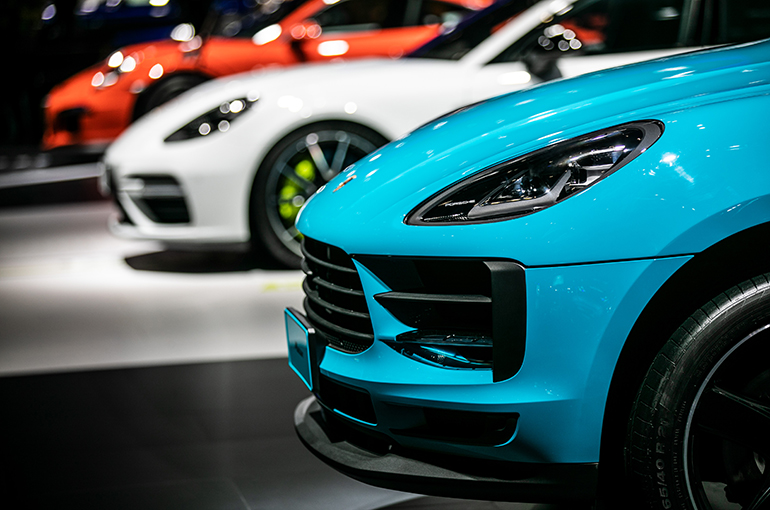 China Brings More Vehicles Under Ultra-Luxury Car Tax
China Brings More Vehicles Under Ultra-Luxury Car Tax(Yicai) July 18 -- China said it will lower the retail price level at which the 10 percent consumption tax on ultra-luxury cars kicks in to encourage more prudent spending.
The level will fall to CNY900,000 from CNY1.3 million (USD125,285 from USD180,965) on July 20, the Ministry of Finance and the State Taxation Administration jointly announced yesterday. New energy vehicles, including battery‑electric and hydrogen fuel‑cell cars, will also become subject to the levy, while used vehicles will remain exempt.
China levies consumption tax on alcohol, cars, oil, tobacco, and 11 other product types to curb luxury and high‑pollution spending and help fund the government budget. Autos incur a 1 percent to 40 percent levy when produced or imported, while a further 10 percent is imposed on ultra‑luxury cars when sold at retail.
The lower threshold is very reasonable, as it reflects changes in the auto market and tax adjustments, said Cui Dongshu, secretary-general of the China Passenger Car Association.
Retail sales of cars priced at over CNY900,000 tumbled 49 percent to 37,000 in the six months ended June 30 from a year ago, with internal combustion engine vehicles accounting for nearly 90 percent, according to figure from Li Yanwei, an expert at the China Auto Circulation Association. Some 20,000 of fell into the CNY900,000 to CNY1.3 million range.
The market leaders in this segment will bear the brunt of the policy shift. Mercedes-Benz’s market share was 43 percent in the first half, followed by Land Rover at 23 percent, while Porsche, Lexus, and Bentley accounted for 18 percent, 8 percent, and 3 percent, respectively.
The change will add tens of thousands of Chinese yuan -- equivalent of thousands of US dollars -- to sticker prices, likely causing some buyers to put off purchases or opt for cheaper alternatives.
Porsche, Maserati, and other carmakers have begun offering major discounts on ultra-luxury models. Several Chinese brands are also targeting the million-yuan auto segment and have launched new models, including the Yangwang U8 by BYD and the Jinkui Hua by Hongqi, but they have yet to gain market traction.
Editor: Martin Kadiev